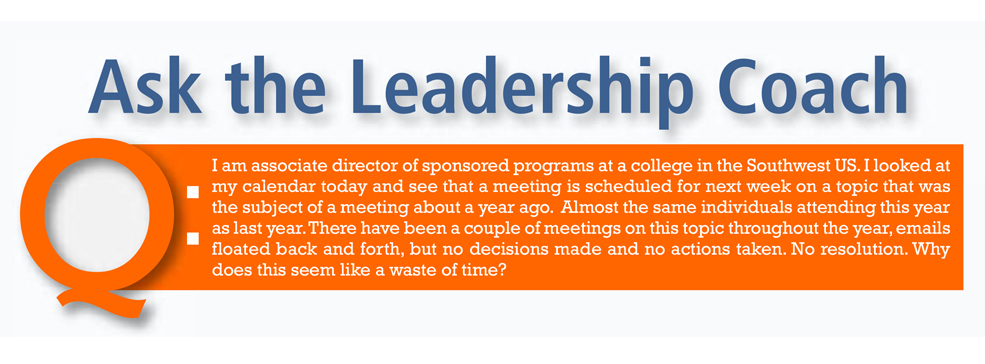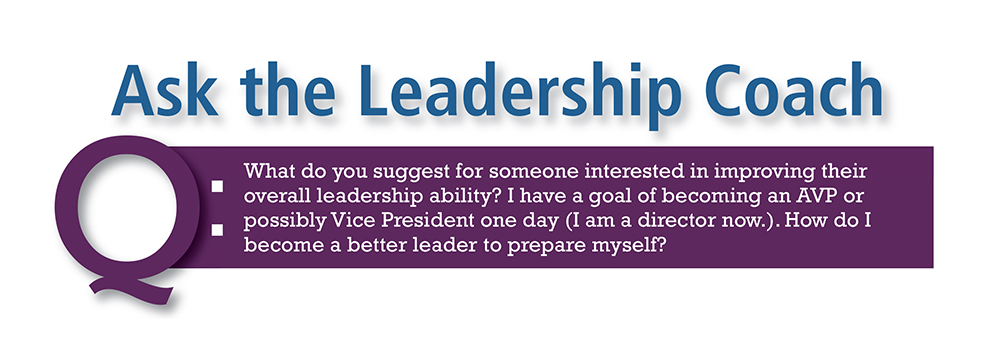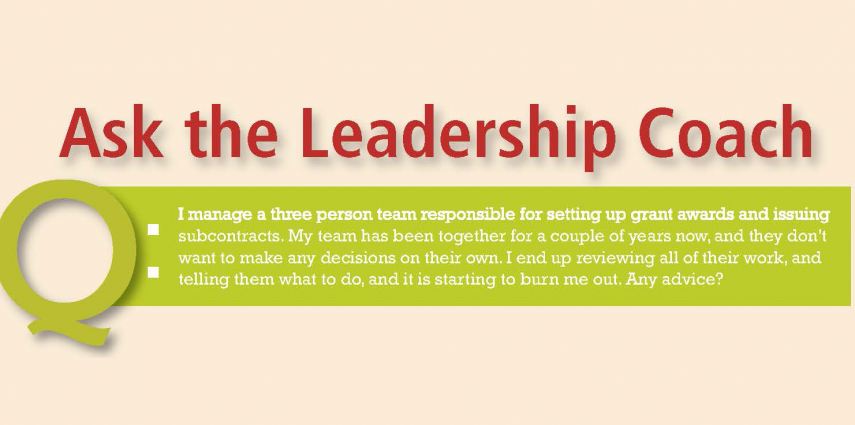To serve you, I would need to know more about you, and your experience in leadership, and what dynamics exist between you and your boss and you and those you lead. I am glad to hear that your boss shared with you that the comment was not based on your integrity or the quality of your work products. So, rest easy on those counts. I would suggest that you continue to ask your boss about the comment to help both of you understand better what the challenge is or may be. Try to do this in a way that is genuinely curious and not defensive. This is a great leadership test! Learning from feedback in a positive and constructive way helps build trusting relationships.
Let me assume that thecomment on your performance review is about leadership presence. In other words, could it be about your physical self, how you hold yourself and how you connect with others in your leadership role? The core question is: What do you look like to those you lead? And does your physical self match your words? Is there congruence between the words you say and how you appear while you say the words? The messages weconveycome morefrom our physical selves than the actual words. Does your physical self express conviction and belief in what you are saying? Congruence is the key word here. When people say that someone “walks the talk”, they mean that the person’s words match their deeds. That occurs when someone’s body language matches their message. Congruence.
One of the best resources I have seen about leadership presence is from Dr. Amy Cuddy of Harvard University. Dr. Cuddy describes her research and provides several thoughts for anyone interested in “showing up” with confidence and positive energy. Check out her TED talk on YouTube entitled “Your Body Language Shapes Who You Are”. Here is the link: www.ted.com/talks/amy_cuddy_your_body_language_shape s_who_you_are?language=en
Pay attention to our eye contact, to how you appear in meetings,and in one-on-one situations. Do you project calmness? Do you truly listen to others? Do you speak positively and encourage others to speak? Do you sit up straight in meetings or do you slouch? Do you smile readily or reluctantly? Do you speak and articulateso that people can hear and understand you? Ask someone else in your office to give you feedback on these and other aspects of presence. Consider joining Toastmasters International, an excellent organization devoted to the learning and practice of public speaking. It’s not about speaking loud or fast. It’s actually about speaking in a paced manner.
Consider engaging the services of a leadership coach to work with you on presence. A coach can help you identify the key areas that would enhance your performance in this area. It is not about achieving perfection, but about making the incremental improvements necessary to have those you lead see you as a leader. Why is this important? It is important because the decisions you make, the requests you make of staff, and the positions you take with stakeholders all depend on the congruency between your words and body. Are they saying the same thing? Or, are people confused about your messages?
What I like about your boss’s comment (vague as it is) is the commitment he or sheis making to your professional development by sharing feedback that can be quite uncomfortable to give. I think that act speaks volumes about how you should develop yourself as a leader, and to work collaboratively with your boss so that he or she continues to see herself or himself as a stakeholder in your success. Ask your boss to let you know when he or she feels you have crossed the “presence” threshold: Leadership presence may be difficult to describe, but we all know it when we see it. Define leadership presence for yourself. Start today.
 Garry Sanders is an executive coach and graduate of Georgetown University’s Certificate Program in Leadership Coaching. Garry is a long-time research administrator and recipient of NCURA’s Distinguished Service Award. He can be reached at gsanders@assistleadership.com and (518) 588-0992.
Garry Sanders is an executive coach and graduate of Georgetown University’s Certificate Program in Leadership Coaching. Garry is a long-time research administrator and recipient of NCURA’s Distinguished Service Award. He can be reached at gsanders@assistleadership.com and (518) 588-0992.








